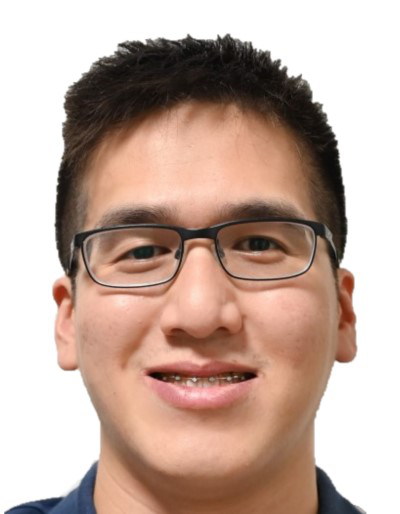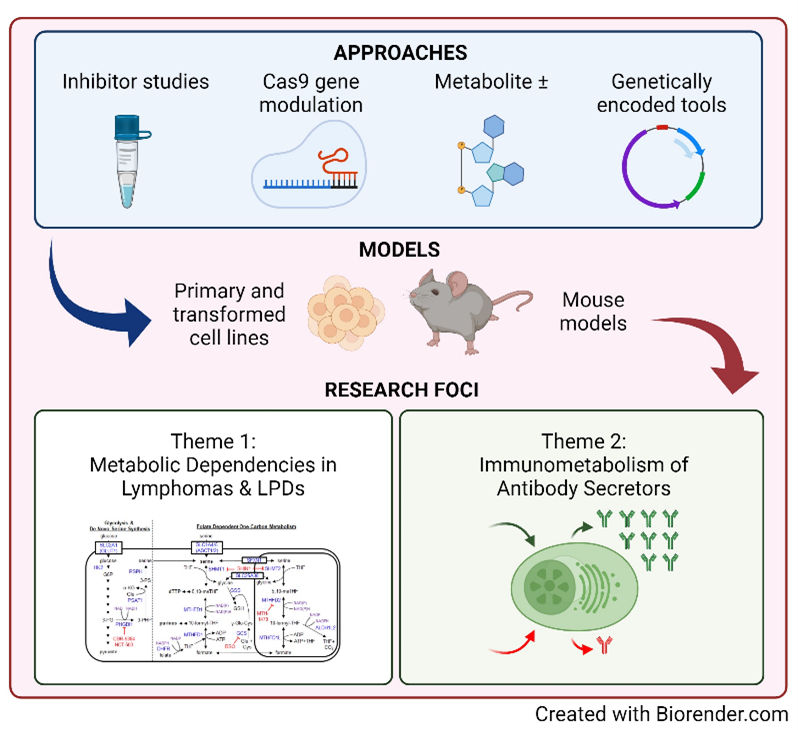
Liang Wei WANG
Biography
Dr Wang Liang Wei is an expert in the metabolic biology of lymphocytes and lymphomas. Liang Wei concentrated in immunology and virology at the University of Cambridge, UK, and attained a BA in Natural Sciences in 2013. During his time at Cambridge, Liang Wei worked closely with Dr Mark Wills and Dr Inmaculada Montanuy Sellart at Addenbrooke’s Hospital to investigate micro-RNA regulation of T cell-mediated immunity against human cytomegalovirus. Liang Wei then went on to complete a one-year post-baccalaureate stint with Associate Professor Ren Ee Chee and Dr Ko Hui Ling at the Singapore Immunology Network (SIgN), studying hepatitis B virus core promoter transactivation by non-canonical transcription factors. Liang Wei then moved to Boston, USA to embark on his doctoral studies in the PhD Program in Virology at Harvard University. Under the tutelage of Asst Prof Benjamin Gewurz and Professor Vamsi Mootha, Liang Wei focused on the metabolic reprogramming of primary human B cells in response to Epstein-Barr virus (EBV) infection and transformation. He obtained his PhD in Virology in 2019 and returned to SIgN for his post-doctoral stint with Dr Olaf Rötzschke, where he studied EBV gene expression in non-B lymphomas. Since 2021, Liang Wei has obtained competitive funding to initiate and advance immunometabolic studies in lymphoproliferative models of disease and professional antibody-secreting cells. Liang Wei was promoted to Group Leader in 2023 and maintains active research interests in the biochemistry of immunometabolic pathways and the resulting molecular/cellular-biological phenotypes that underpin homeostasis and transformation.
Awards
- 2022 – A*STAR Biomedical Research Council Central Research Fund for Use-Inspired Research (CRF-UIBR)
- 2021 – National Medical Research Council Open Fund – Young Investigator Research Grant (OF-YIRG)
- 2014 – A*STAR National Science Scholarship (PhD)
- 2013 – Peter Wildy Memorial Prize, Department of Pathology, University of Cambridge
- 2010 – A*STAR National Science Scholarship (BS)
Research Focus
My group implements and integrates complementary approaches, such as the introduction of chemical perturbations, the use of myriad CRISPR systems for gene regulation, metabolite manipulation and tracing, and employment of newly developed genetic tools for redox interrogation. These approaches are supported by the use of sophisticated analytical techniques, particularly highly quantitative mass spectrometry, for specificity and sensitivity. Importantly, we perform cross-validation of our findings in diverse experimental systems, such as primary human cells and tissues, cell lines and suitable mouse models, to achieve robustness.
Our research is broadly organized into the two following Themes:
Theme 1: Lymphocyte activation entails dramatic rewiring of their metabolic programmes to provide substrates for growth (increase in cell size), proliferation (increase in cell numbers) and functionalization (production of bioactive molecules). Lymphomas and lymphoproliferative disorders (LPDs) essentially augment those phenotypes, thereby driving extraordinarily high demand for nutrients. In so doing, lymphoma and LPD cells can develop unique metabolic vulnerabilities. In this Theme, we aim to delineate metabolic dependencies in lymphomas and LPDs, focusing on less-studied or Asian-prevalent subtypes. We will then characterize, investigate and exploit these metabolic Achilles’ heels for development towards therapeutic products.
Theme 2: Professional antibody-secreting cells (ASCs) i.e., plasmablasts and plasma cells, are crucial components of the immune system responsible for producing antibodies that protect against pathogens. In fact, certain ASCs can produce hundreds to thousands of antibodies per second for decades. These cells foreseeably bear enormous metabolic burdens. Yet, it is not well-understood how metabolic pathways impact ASC function and longevity. In this Theme, we look to identify, characterize and exploit targetable ASC metabolic pathways that regulate secretory and glycosylation capacities and cellular lifespan.
Lab Members
| Research Officers |
|---|
| Tiffany Melanie Yee |
Publications
Publications_Wang Liang Wei (last updated 26 February 2025)
A*STAR celebrates International Women's Day

From groundbreaking discoveries to cutting-edge research, our researchers are empowering the next generation of female science, technology, engineering and mathematics (STEM) leaders.
Get inspired by our #WomeninSTEM

